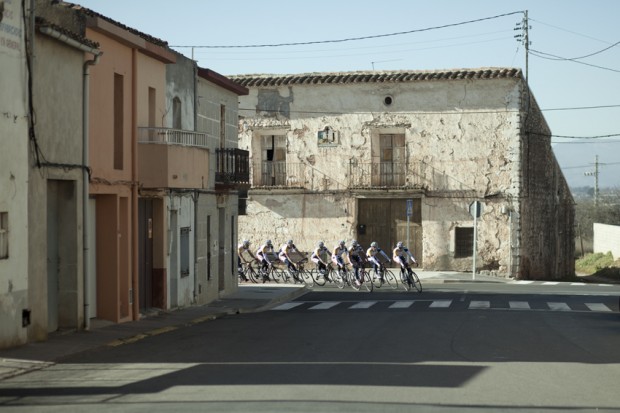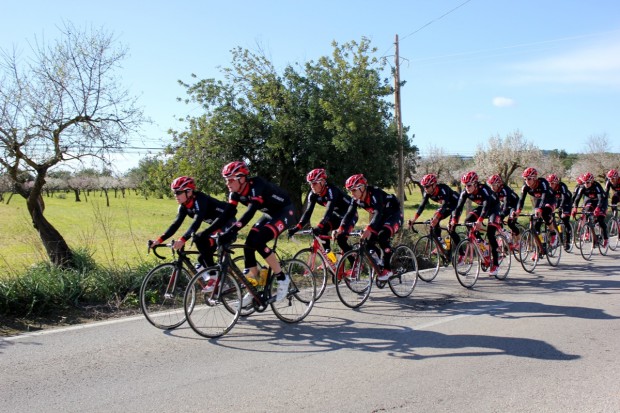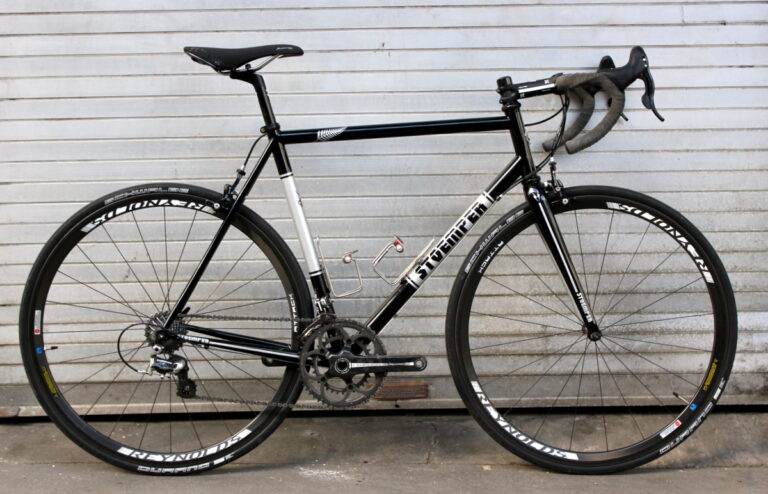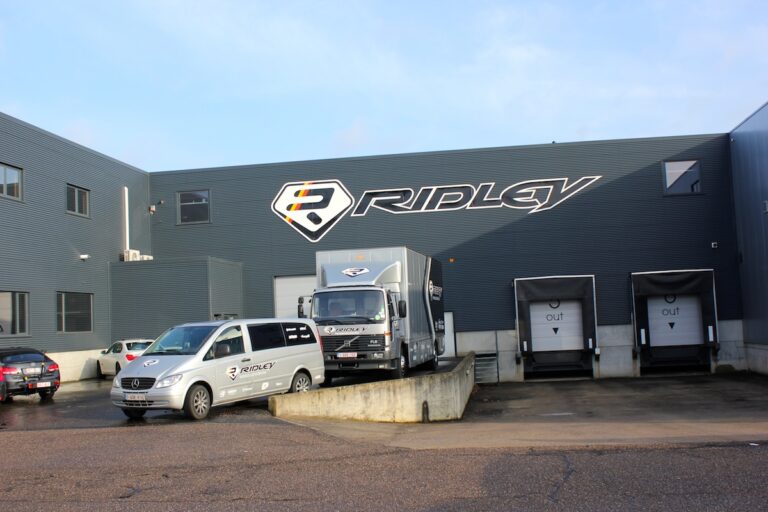With the atrocious weather in the UK at the moment, more and more of us are looking to book a trip to the sun for a warm-weather training camp.
The lure of a week or two’s hard training in the sun and mountains of a Mediterranean country is hard to resist, but to really make the most of these trips there are a few tips and rules you can follow to make sure you come back fit not fat and avoid the dreaded overtraining and illnesses that can be associated with overenthusiastic riding and stressful air travel.

Training camps are not just for elite racers, and you don’t necessarily need to jet off to sunny climes to take advantage of a training camp. Taking advantage of a week off work to get into a concerted period where training and recovery can be properly emphasised should not be discounted. Indeed, where time and resources are limited, you can often make more gains staying at home than spending a week away where two days are spent travelling.
I remember a group of Lithuanian juniors coming to stay with us in northern France for a ‘warm weather’ training camp in February where the temperature was five degrees and 60kph winds were the norm! As long as you are able to put in the training hours and just as importantly take the time to relax, eat and recover properly, benefits can be had whatever the weather.
The main advantage of taking the time to attend a training camp is the ability to concentrate fully on your cycling and getting the most out of the time spent on the road and recovering. Just because you’re on a training camp, don’t neglect the key principles of a training plan, progressive overload (so don’t suddenly double your training load!) and sufficient recovery. In a week long training camp, make sure you build in at least one rest/recovery day, maybe consisting of a gentle spin to the beach for an ice cream, and in a longer stay include more rest too. Make sure your bike is well prepared and packed for the trip too: arriving in a foreign destination and struggling to find out the Spanish for spare rear mech hanger will detract from the enjoyment of your time spent riding in the sun.
Air travel is a stressful experience, especially on top of an increased training load. The air conditioning in planes can spread germs and you can be particularly susceptible to picking up infections when your immune system is compromised following training. For this reason, I recommend an easy day prior to travelling and paying particular attention to hygiene at this important time. There’s no point training hard if you’re going to spend a week in bed with the flu on your return home!

With good planning, a training camp can bring on improved fitness and help you get down to ‘race weight’ through careful training and a healthy diet. However, many people succumb to the temptation of the ‘all you can eat’ buffet style meals provided at some hotels and end up coming home with more of a spare tyre than when they left! Yes, you will be expending a lot more energy training than normal but often the rest of the day will me more sedentary than if you were at home so be careful not to succumb to boredom or the temptation of a wide variety of foods and overeat! Using a heart rate monitor or power meter on your rides can give you a good idea of your energy needs so keep this in mind when you’re loading up that second plate from the buffet and come back leaner and fitter than when you left.
For those of you planning one of the mountainous European sportives this summer, a training camp abroad can give you access to the length of climbs rarely found in the UK. Use this to practice your climbing and exercise a pacing strategy that you can use in your key summer sportives. By mimicking the length and duration of something like L’Etape du Tour, you can get a good idea of how hard you can push yourself and how much you need to eat and drink to perform well over a long, mountainous course.
If you are unable to have an extended period in the sun, gains can still me made by taking the time off work to concentrate on training at home. Whether a weekend in the mountains of Wales, or just taking advantage of the bank holidays and a few days annual leave to string together a solid week’s training at home, you can reap the benefits. If you are staying at home try to use the same principles as if you were away, turn on your ‘out of office’ message on the emails and don’t be tempted to get drawn back into work stresses and concentrate as fully as possible on training and recovering.
A training camp can give your fitness a fantastic boost, but by taking precautions and approaching your training with consistency in mind, you will make the most of this important period in your season and come out of it fit and ready to attack your goal events this year.





